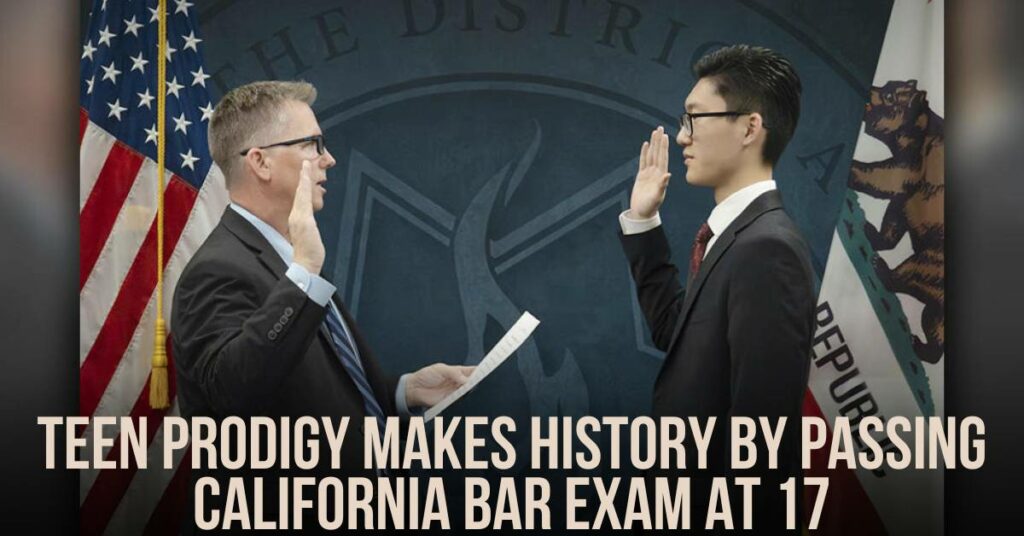As the days grow shorter and the nights longer, Californians are preparing for the annual ritual of turning back the clocks, bidding farewell to Daylight Saving Time for yet another year.
This timeless tradition of adjusting our clocks may seem harmless, but for years, there has been a growing movement to end this practice and embrace a more permanent change. In this blog post, we’ll dive into the ongoing saga of California’s struggle to make Daylight Saving Time a year-round reality.
The 2018 Proposition 7 Vote
In 2018, California voters had their say, and it was clear they were eager for change. Proposition 7, which passed with a substantial 60% of the vote, paved the way for the state Legislature to revise the time change schedule and establish a permanent Daylight Saving Time. The majority of Californians were ready to say goodbye to the inconvenience of springing forward and falling back each year.
California Assembly Bill 7 – A Ray of Hope
Following the passage of Proposition 7, then-Assemblymember Kansen Chu, a Democrat from San Jose, introduced Assembly Bill 7. This bill aimed to put California on a path to permanent Daylight Saving Time, contingent on federal recognition.
Unfortunately, this ray of hope quickly dimmed, as the bill died in committee just a year later. Californians were left wondering whether their collective desire for change would ever come to fruition.
Assembly Bill 2868 – Another False Start
In 2021, Irvine Assemblyman Steven Choi introduced Assembly Bill 2868, reigniting the hope for year-round Daylight Saving Time in California. This bill seemed to align with the wishes of the people, but, sadly, it too met an untimely demise in November 2022. Frustration continued to mount as Californians eagerly sought a more consistent and permanent timekeeping system.
The National Struggle
California’s struggle with Daylight Saving Time is not unique. Since 2018, 19 other states have introduced legislation in a similar bid to end the practice. The desire for change resonates far beyond the Golden State’s borders.
U.S. Senator Marco Rubio’s Sunshine Protection Act
In 2021, U.S. Senator Marco Rubio, a Republican from Florida, stepped onto the national stage with the Sunshine Protection Act. This legislation aimed to make Daylight Saving Time permanent for all states, responding to the growing calls for change. The bill even managed to pass the U.S. Senate in 2022, raising hopes across the nation. However, just as it seemed progress was within reach, the bill stalled in the House of Representatives.
Marching Forward: Rubio’s Renewed Effort
Despite the hurdles, Senator Rubio remains committed to the cause. In March, he reintroduced the Sunshine Protection Act, which currently resides in the Committee on Commerce, Science, and Transportation. Unfortunately, it has made little progress toward becoming law. The battle for a more consistent timekeeping system in the United States continues.
The Health Impact
In a recent USA Today opinion piece, Senator Rubio emphasized the health implications of changing the clocks twice a year. This tradition affects the well-being of Americans and their children. It disrupts sleep patterns and daily routines, leading to potentially negative consequences for both physical and mental health.
Conclusion
As Californians turn back their clocks and enjoy an extra hour of sleep this Sunday, the battle for a more consistent and permanent timekeeping system rages on. Despite widespread support and countless attempts, the path to permanent Daylight Saving Time remains elusive. The issue is not limited to California but resonates across the nation.
As Senator Rubio aptly states, if the majority of the population desires an end to the time change, and there are sound reasons for it, then the Sunshine Protection Act and similar efforts should become law. Until that day comes, we will continue to adjust our clocks and hope for a brighter, more consistent future.




